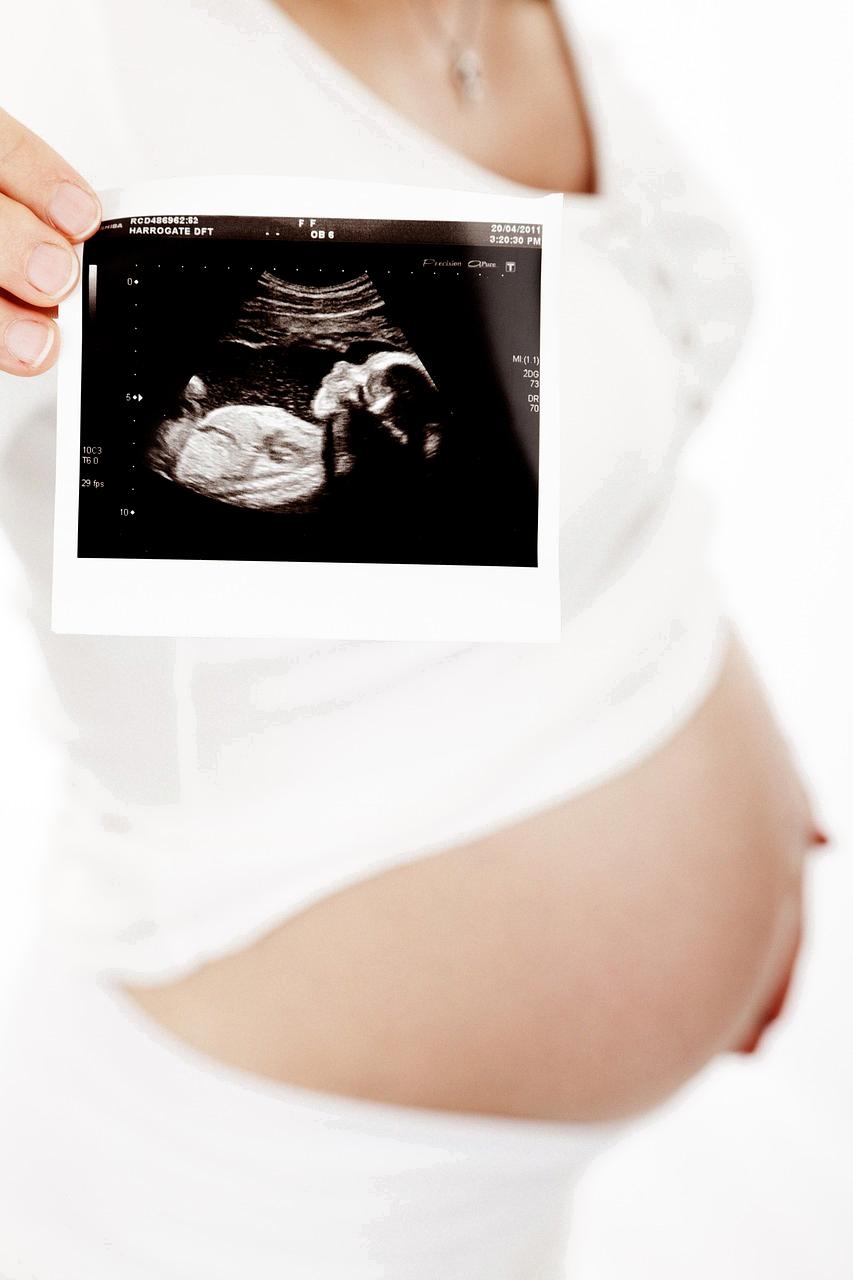When it comes to detecting pregnancy at 6 weeks, it’s important to understand that the accuracy of at-home pregnancy tests can vary. While these tests are designed to detect the presence of the hormone hCG, which is produced during early pregnancy, their reliability can be influenced by factors such as the sensitivity of the test and how it is used.
Typically, at-home pregnancy tests are most effective when taken around five to six weeks into pregnancy. However, it’s crucial to note that even at this stage, there can be instances where the results are not conclusive. This is because the levels of hCG in the body may not be high enough to be detected by the test.
If a woman suspects she may be pregnant but receives a negative result on an at-home test at 6 weeks, it doesn’t necessarily mean she isn’t pregnant. In such cases, it is recommended to wait a few more days and retest, or to consult a healthcare provider for a more accurate assessment.
It’s worth mentioning that the accuracy of pregnancy tests can also be affected by factors such as the time of day the test is taken, the concentration of hCG in the urine, and potential errors in following the test instructions. These variables can contribute to false-negative or false-positive results.
For individuals who are eager to confirm a pregnancy early on, there are more sensitive blood tests that can detect hCG levels sooner than urine tests. These blood tests, often conducted by healthcare professionals, can provide a more accurate indication of pregnancy status at around 6 weeks.
Additionally, while at-home pregnancy tests are widely available and convenient, they are not foolproof. Women who have irregular menstrual cycles or underlying health conditions that may impact hormone levels should be aware that these factors can influence the reliability of test results.
It’s essential to approach the process of detecting pregnancy with patience and understanding. Pregnancy tests are valuable tools for assessing pregnancy status, but they are not infallible. Consulting a healthcare provider for confirmation and guidance can offer reassurance and clarity during this critical time.
Ultimately, the ability to detect pregnancy at 6 weeks can vary depending on individual circumstances. While many women may receive positive results on at-home tests at this stage, others may require additional time or alternative testing methods to confirm pregnancy.
For those who experience uncertainty or conflicting test results, seeking medical advice is recommended. Healthcare professionals can offer professional insight, conduct further testing if necessary, and provide support throughout the early stages of pregnancy.
It’s crucial for individuals who suspect they may be pregnant to prioritize their health and well-being. Taking proactive steps to confirm pregnancy status and access appropriate care can set a positive foundation for the journey ahead and contribute to a safe and healthy pregnancy experience.
In conclusion, while pregnancy can be detected at 6 weeks, the accuracy of at-home tests at this stage may vary. Factors such as hCG levels, test sensitivity, and individual health considerations can impact the reliability of test results. Consulting a healthcare provider for confirmation and guidance is advisable to ensure accurate assessment and appropriate care.

